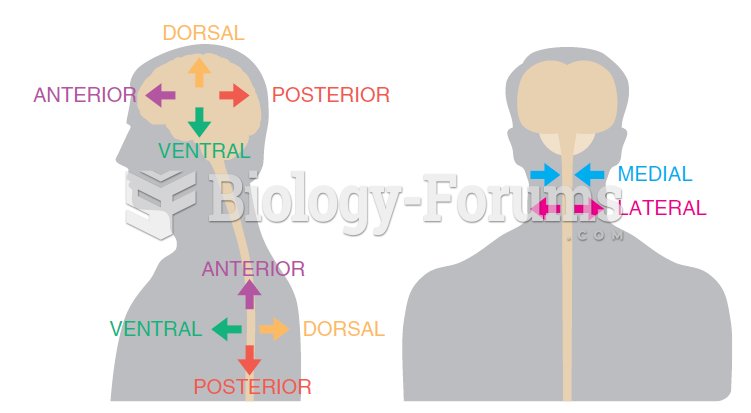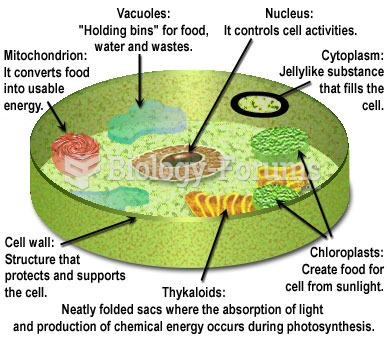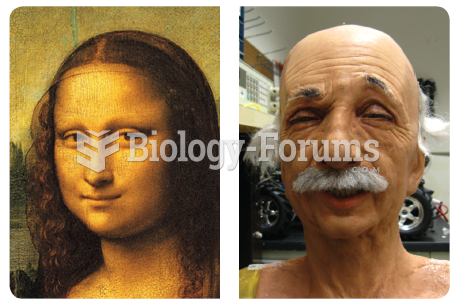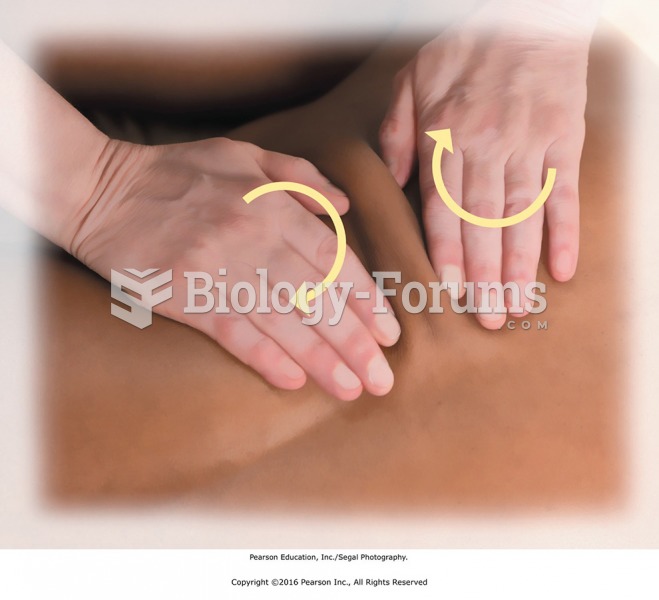This topic contains a solution. Click here to go to the answer
|
|
|
Did you know?
The Centers for Disease Control and Prevention (CDC) was originally known as the Communicable Disease Center, which was formed to fight malaria. It was originally headquartered in Atlanta, Georgia, since the Southern states faced the worst threat from malaria.
Did you know?
Vaccines prevent between 2.5 and 4 million deaths every year.
Did you know?
Multiple experimental evidences have confirmed that at the molecular level, cancer is caused by lesions in cellular DNA.
Did you know?
There are approximately 3 million unintended pregnancies in the United States each year.
Did you know?
Warfarin was developed as a consequence of the study of a strange bleeding disorder that suddenly occurred in cattle on the northern prairies of the United States in the early 1900s.
 The J2534 pass-through reprogramming system does not need a scan tool to reflash the PCM on most ...
The J2534 pass-through reprogramming system does not need a scan tool to reflash the PCM on most ...
 Anatomical directions in a human. Notice that the directions in the cerebral hemispheres are rotated ...
Anatomical directions in a human. Notice that the directions in the cerebral hemispheres are rotated ...





